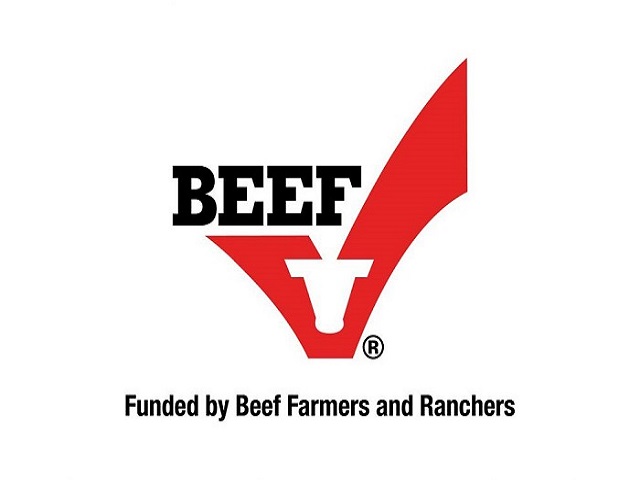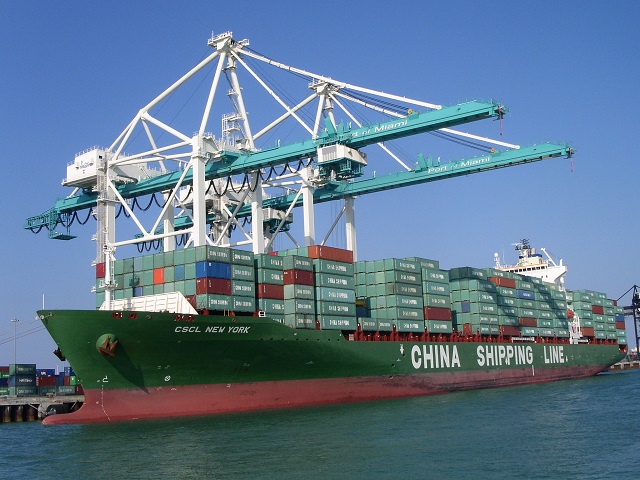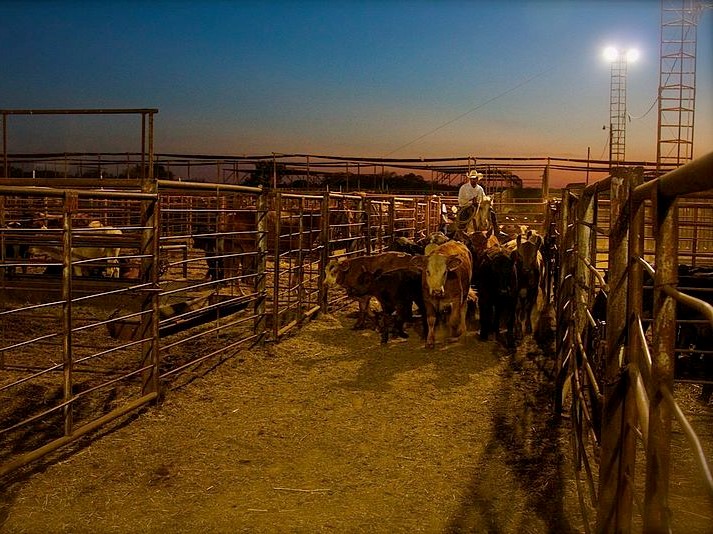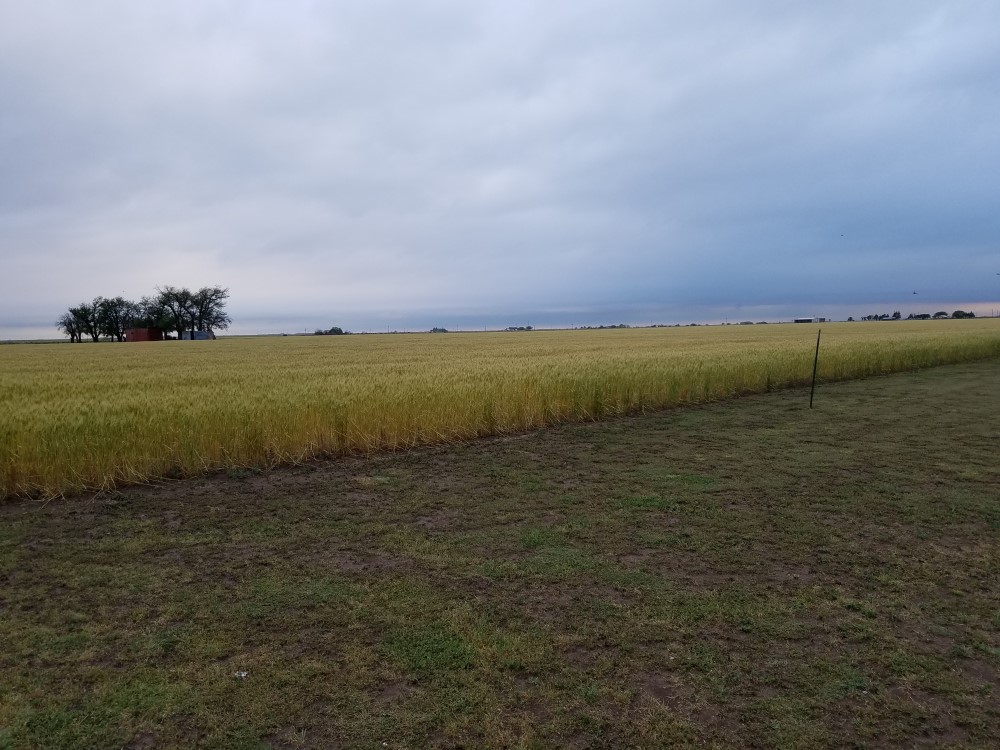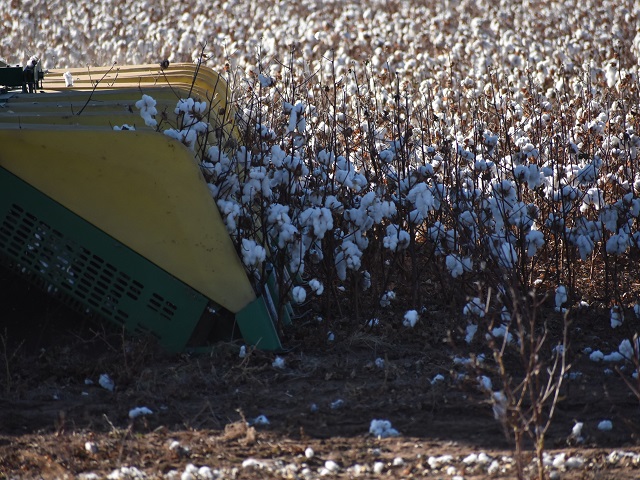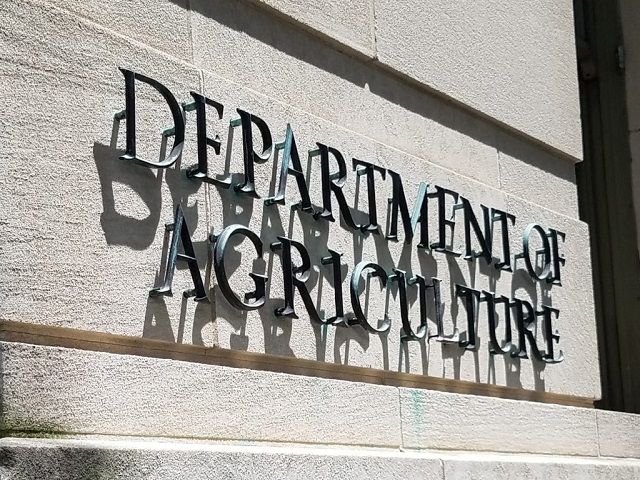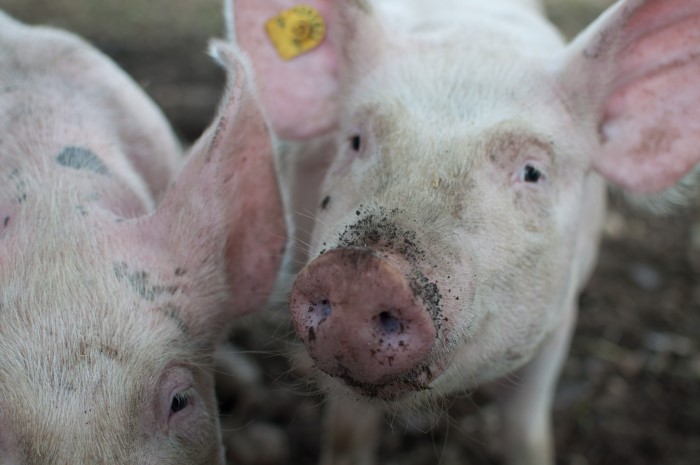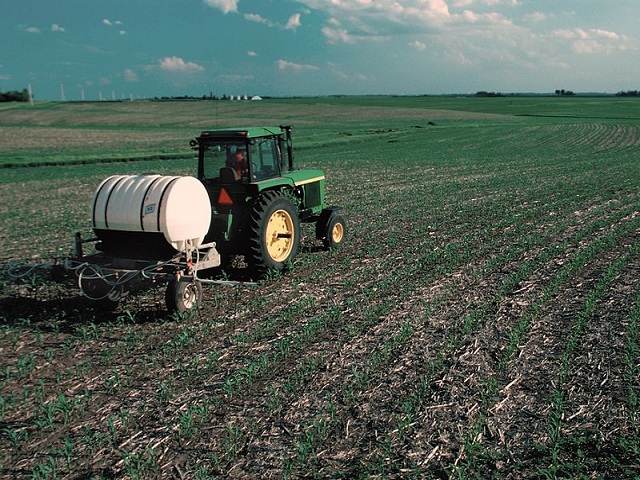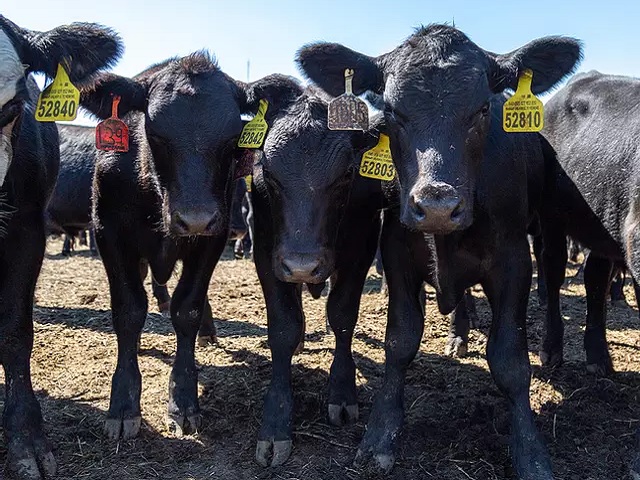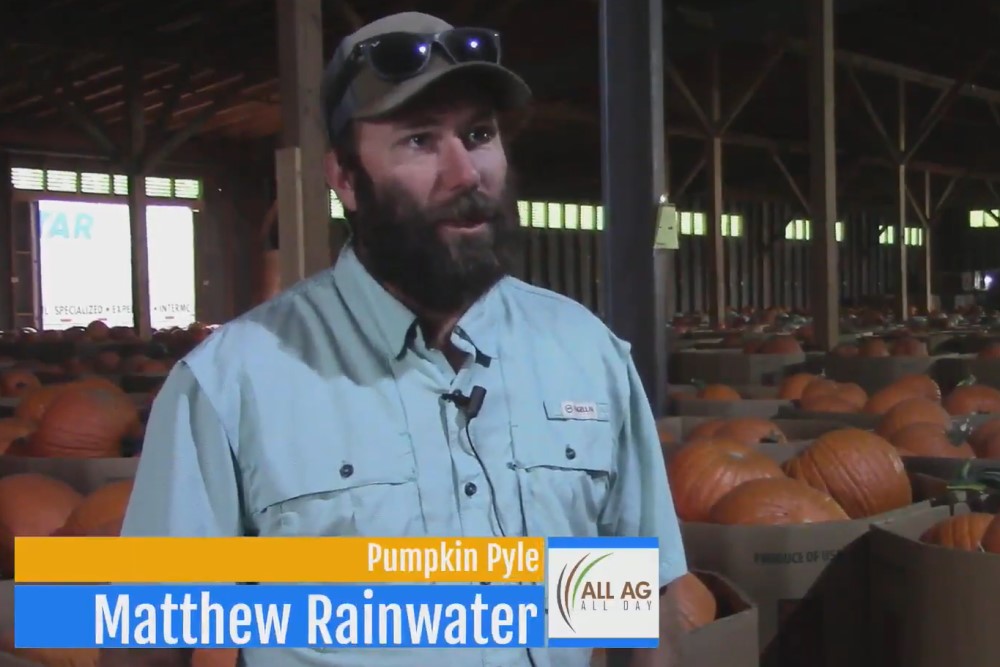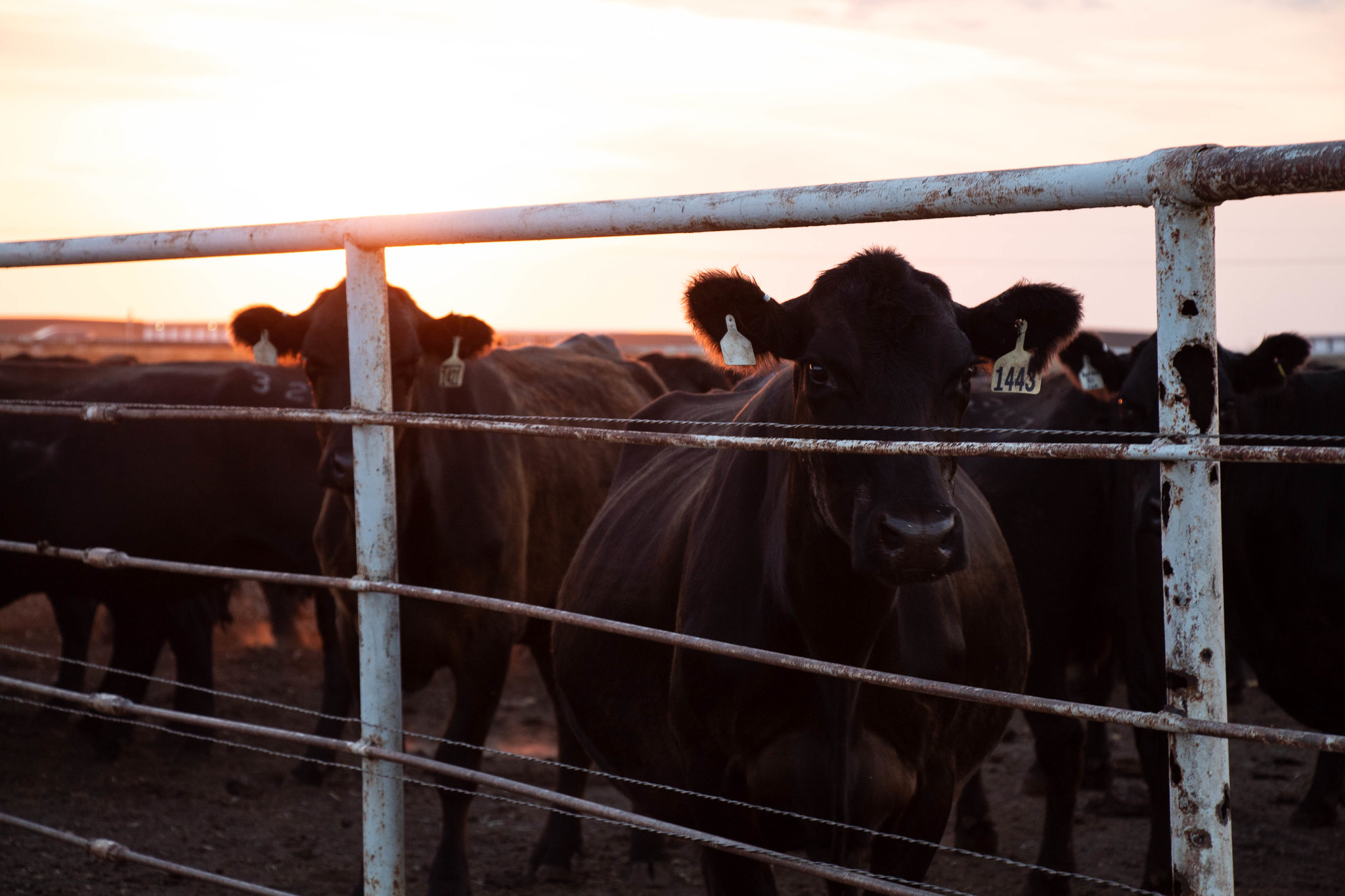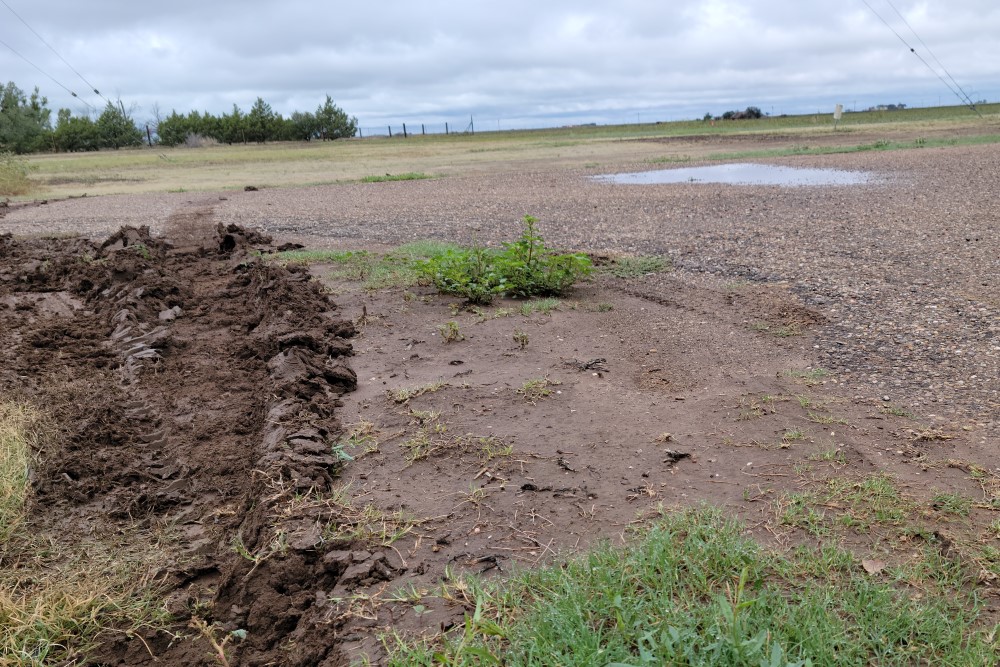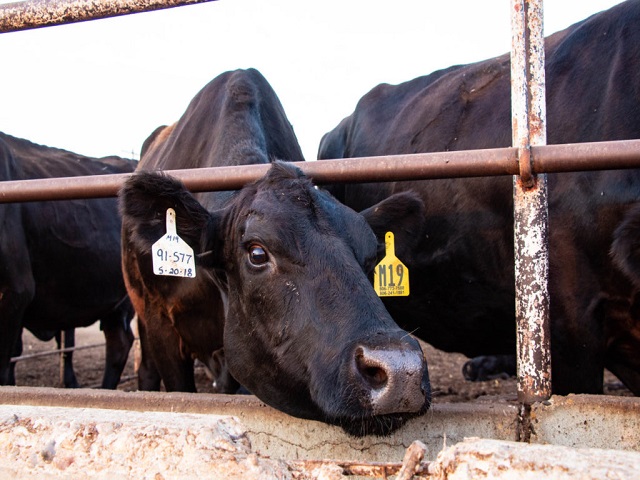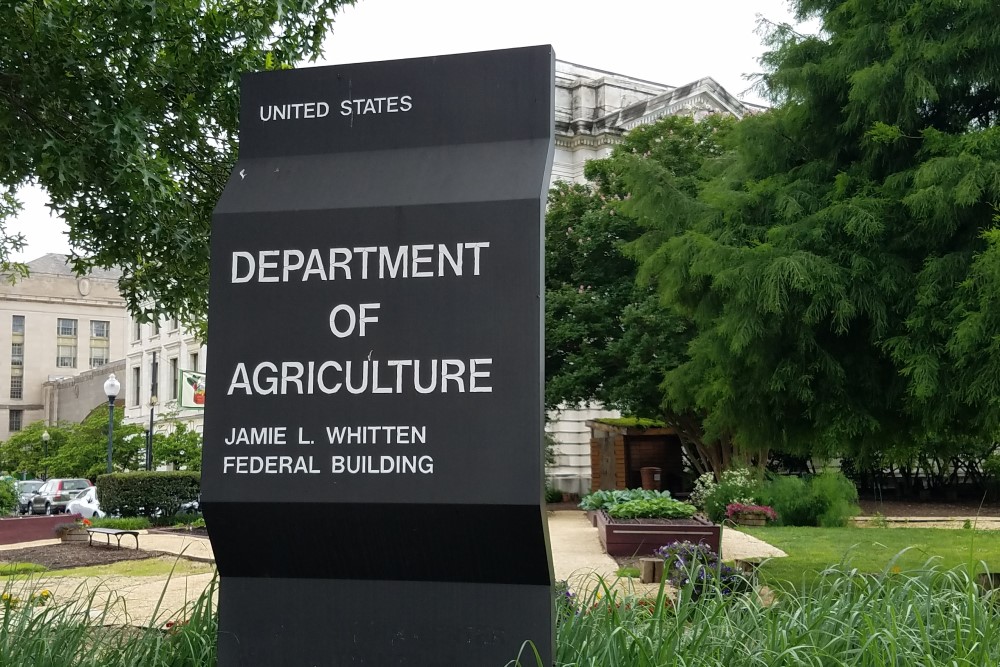Larger and Younger Farmers Leading Agricultural Data Revolution
WEST LAFAYETTE, IN – Despite intense interest in agricultural data among the farm press and venture capital, little is known about how farms actually collect, manage, and analyze data. So researchers from Purdue University’s Center for Commercial Agriculture surveyed 800 corn and soybean producers about their collection, management, and usage of farm data. The survey was limited to farms with 1,000 acres or more. As for results, among large commercial corn and soybean operations, data collection is common (92 percent collect at least one type of farm data) and that collection is strongly related to farm characteristics. Large farms, farms with younger operators, and farms with high educational attainment are the most likely to collect and use farm data. Farms not currently pursuing a data strategy are unconvinced by the value proposition and are unlikely to begin collecting farm data in the near future.
The use of variable rate technology (VRT) is a strong predictor of the importance of data in seeding rate and fertilizer application decisions while the influence of data on drainage decisions rises with the collection of drone or satellite imagery and use of GPS mapping. Privacy issues, both at the collection and software adoption stage, are surprisingly unimportant relative to those regarding usability and profitability. Overall, farms that use an ag data software product and share data with an outside consultant are significantly more likely to make data-informed management decisions and are more likely to regard those decisions as yield-enhancing. Survey results suggest that proactively managing and analyzing farm data can improve decision making and generate positive yield results.















